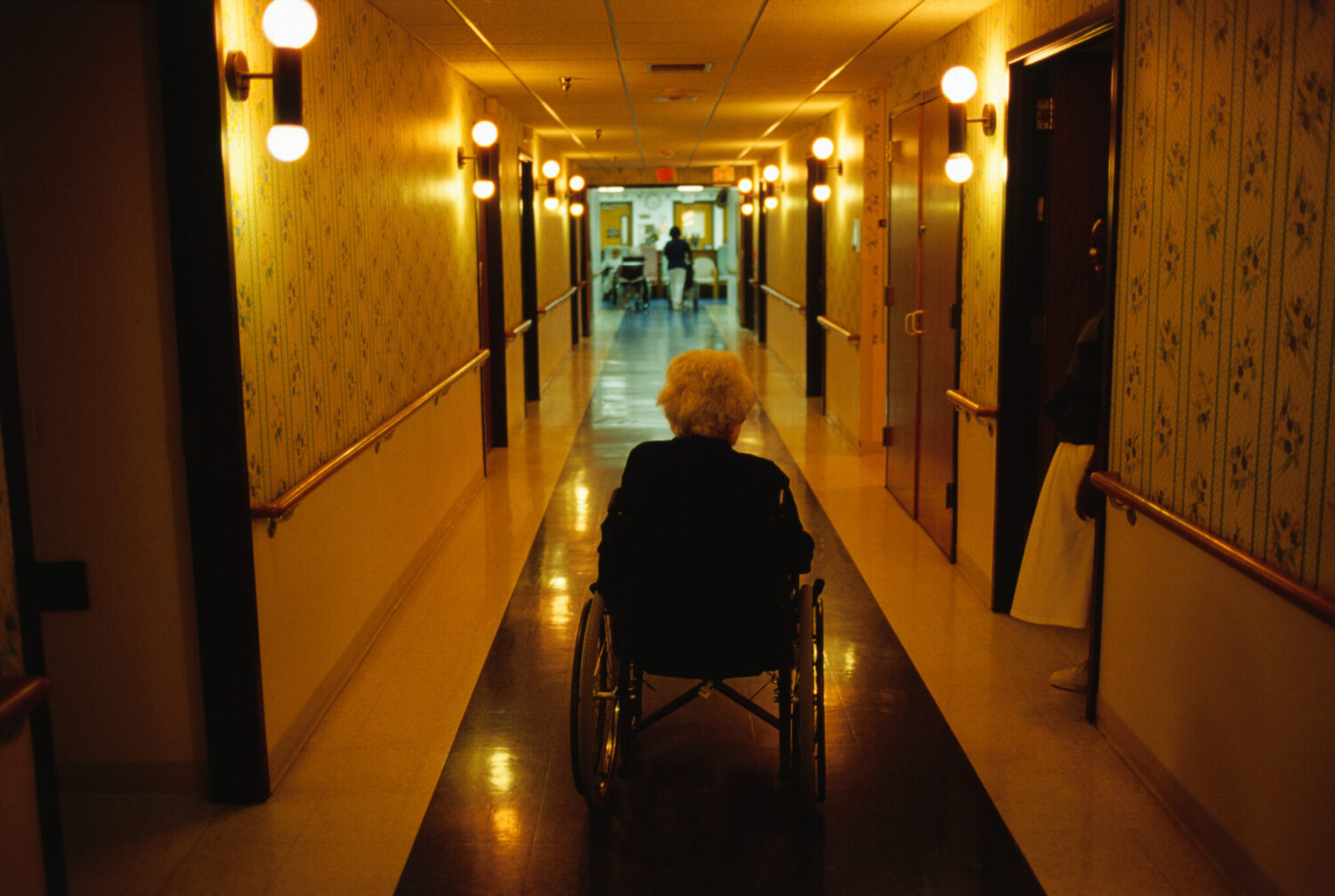This article first appeared on Colorado Newsline.
The U.S. Department of Justice has sued Colorado, alleging that the state unnecessarily isolates and confines adults with disabilities in nursing homes.
The civil lawsuit alleges that Colorado has failed to provide adequate community services to enable disabled people, including seniors, to live in their own homes, which has resulted in people being forced into nursing homes, in violation of the Americans with Disabilities Act and the Supreme Court decision in Olmstead v. LC.
“Too often, people with disabilities, including older adults, are confined to nursing homes when they could live at home,” Assistant Attorney General Kristen Clarke of the Justice Department’s Civil Rights Division said in a statement. “The Department of Justice remains steadfast in its commitment to protecting the rights of people with disabilities and fulfilling the promise of community integration set forth in the Americans with Disabilities Act.”
The Justice Department said the Olmstead decision “requires public agencies to provide services to individuals with disabilities in an integrated environment that best meets their needs.”
The lawsuit was filed Friday in U.S. District Court for the District of Colorado naming the state of Colorado as the defendant.
Colorado funds public programs like Medicaid to help low-income people with disabilities get services that cover the necessities of daily life, such as help with dressing, bathing and eating because of mobility issues, and medication management for chronic illnesses.
According to the lawsuit, there aren’t enough providers in Colorado, so the only way many people can receive these services is to live in a nursing home, which is a violation.
“When the state does not provide the services necessary for some to return home, their short-term rehab stays turn into long-term nursing home placements,” the lawsuit states. “As a result, some people who would prefer to return home end up in nursing homes for years.”
The Colorado Department of Health Policy and Financing, which oversees the state’s Medicaid program, said in a statement in response to the lawsuit that it was “disappointed” and proud of its work to help Coloradans with disabilities.
Get morning headlines delivered to your inbox
subscribe
“Colorado will never stop working to make life in our communities more accessible and accessible to all people with disabilities,” the statement said. “Giving individuals the opportunity to choose to live in the most integrated environment is at the heart of this effort. Over the past decade, Colorado has made incredible progress in strengthening and improving the services available to people with disabilities to enable them to thrive in our communities.”
The Justice Department sent a letter to Colorado’s Democratic governor, Jared Polis, in March 2022 outlining its findings of the same civil rights violations alleged in the lawsuit and steps the state should take to remedy the situation.
Julie Reiskin, co-executive director of the Colorado Alliance for People with Disabilities, said in response to the 2022 letter that the state has already addressed some of the issues raised in the complaint. But the group, which works to ensure state and local policies meet the needs of Colorado’s people with disabilities, is pleased with the Department of Justice’s continued support. She said some of the complaint’s allegations, such as the state’s failure to help institutionalized people who are financially eligible for community housing get in, require “immediate correction.”
“We look forward to continuing to work with HCPF on ongoing improvements, including resolving eligibility issues, expanding consumer guidance options, continuing to increase wages, and other measures to address Colorado’s workforce issues,” Reiskin said in an email.
Meanwhile, Raiskin also cited a late September AARP Public Policy Institute report that noted Colorado is the fifth-best state in the nation when it comes to its long-term services and supports system, and the best state when it comes to innovation in long-term services and supports.
The state has until Oct. 20 to respond to the court. A trial has not yet been scheduled.
Colorado Newsline is part of States Newsroom, a national nonprofit news organization.

